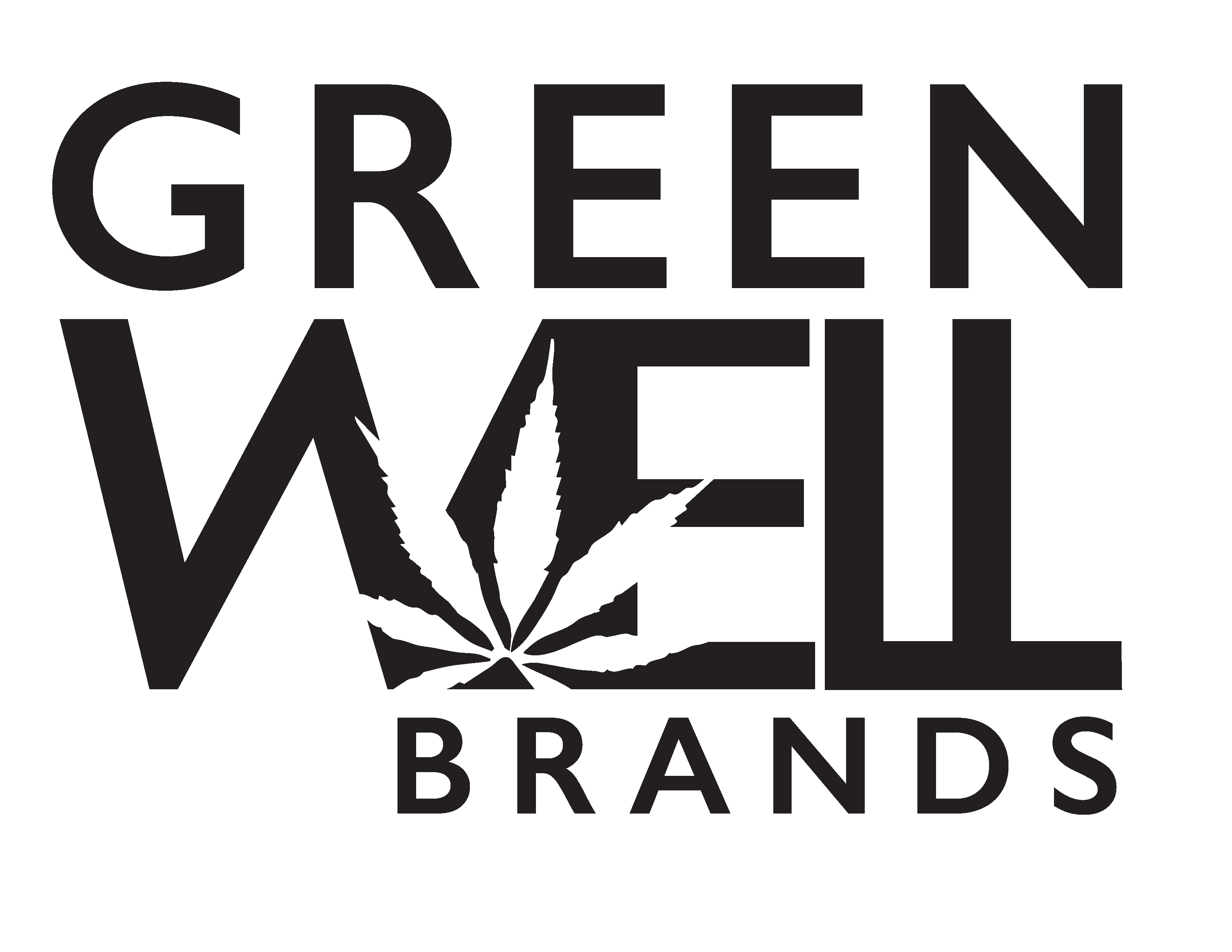COVID-19 Stimulus: The CARES Act and Capital for Y(our) Hemp Companies
Here at GreenWELL, we have been hard at work to bring you the most comprehensive list of details surrounding the most recent economic downturn, felt not only here in the United States, but across the world.
In the past few weeks, we can look to our elected representatives with admiration. The US Government has passed a $2 trillion coronavirus economic stimulus bill that was signed by President Donald Trump into law on Friday, March 27, 2020. The Coronavirus Aid, Relief, and Economic Security Act is the largest US financial stimulus packaged….EVER. The sheer scope of this stimulus package is beyond what most people could imagine, so let’s examine this a bit further before we get into how you can get y(our) money!
Two trillion dollars. This is that number we've been heard so much about. Well, a trillion dollars is a million million, it's a thousand billion, and it's a one followed by twelve zeros. Take a quick glance at this website to get a grasp of what one trillion dollars looks like visually.
Many individuals have asked us if adult-use cannabis retailers or medical marijuana dispensaries fall within the parameters to receive assistance. Two important notes referencing this before we get started:
- As you may know, cannabis still has the status of a Schedule I drug (excluding hemp) under the Controlled Substances Act (CSA). This means - cannabis businesses are not eligible to participate in the Paycheck Protection Program that was intended for “small businesses” needing to stay afloat during the current economic crisis. As it stands Federal law still prohibits banks from supporting marijuana businesses, which means that financial institutions will remain hesitant to serve the industry, as anti-money laundering concerns and Bank Secrecy Act requirements (please reference 31 U.S.C. 5311 et seq.) still remain a concern amongst small business owners. Ultimately, even if your cannabis business technically qualifies to receive federal assistance under the PPP Loan program, they will most certainly face an uphill battle in actually obtaining such loans.
- Also, the conflict between state and federal law remains persistent in the prevention of cannabis businesses from receiving any resources from the U.S. Small Business Administration (SBA) under the Coronavirus Preparedness and Response Supplemental Appropriations Act (please reference H.R. 6201). In lieu of the COVID-19 outbreak, the SBA revised its “Disaster Loan” process to provide low interest bearing Disaster Loans that are eligible for small businesses. The issue remains with the SBA’s decision, and under these terms, they still refuse to assist state-legal cannabis businesses. The SBA’s 2018 Notice reaffirmed this – even some non “plant touching” firms who service the cannabis industry are unable to receive assistance in the form of federally backed bank loans, as financial transactions involving a cannabis-related business would likely involve funds collected from illicit activity. The 2018 Notice clarified that the following businesses are ineligible to receive SBA loans:
- “Direct Marijuana Business” — a business that grows, produces, processes, distributes, or sells marijuana or marijuana products, edibles, or derivatives, regardless of the amount of such activity. This applies to personal use and medical use even if the business is legal under local or state law where the applicant business is or will be located.
- “Indirect Marijuana Business” — a business that derived any of its gross revenue for the previous year (or, if a start-up, projects to derive any of its gross revenue for the next year) from sales to Direct Marijuana Businesses of products or services that could reasonably be determined to support the use, growth, enhancement or other development of marijuana. Examples include businesses that provide testing services, or sell grow lights or hydroponic equipment, to one or more Direct Marijuana Businesses. In addition, businesses that sell smoking devices, pipes, bongs, inhalants, or other products that may be used in connection with marijuana are ineligible if the products are primarily intended or designed for such use or if the business markets the products for such use.
More recently, the SBA provided further clarification that marijuana businesses are not entitled to receive federal dollars being appropriated for disaster relief because of the Controlled Substance Act’s continued prohibition of the sale and distribution of marijuana. The SBA has announced:
“With the exception of businesses that produce or sell hemp and hemp-derived products [federally legalized under the 2018 Farm Bill], marijuana-related businesses are not eligible for SBA-funded services.” (@SBAPacificNW)
Consequently, due to the continued Schedule I status of marijuana under federal law, cannabis businesses are not entitled to receive Disaster Loans from the SBA.
Now that we got that out of the way, we can get to the details. Below, we have crafted a list of highlights from the COVID-19 Stimulus Package with an overview to make it easier for you to sort through all of the information.
- Economic Injury Disaster Loan (EIDL)
- 3.75% low-interest loan
- Loans of up to $2 million US dollars
- 30-year terms
- Based on working capital needs
- Approval is much easier than standard SBA Loan Process
- EIDL expanded provisions (pronounced idle)
- $10,000 Emergency Cash Advance
- Available within 3 days of submitting the application
- Provisions for loan forgiveness of the cash advance
- Can be approved solely on applicants credit score
- Paycheck Protection Plan
- Available to small companies with fewer than 500 employees
- Loans are based on 2.5 times the average monthly payroll costs and not to exceed $10 million US dollars
- Extends to employees, contractors, ect.
- No payroll costs above $100,000.00
- 4% or less, low-interest loan
- Payments can be deferred up to 6 months
- The loan is forgiven up to the first 8 weeks
The point in highlighting this is that someone needs accountability for this. We encourage you to find those detail-oriented people on your teams who find “strength” in ferreting out this information and acting quickly on it to take advantage of the opportunities being presented.

